Seven top experts reflect on health and climate change:
A vital debate
A diverse group of researchers, activists, programme managers and practitioners from different sectors and parts of the world grappled with the question: ‘How can a holistic understanding of health guide a holistic response to the climate crisis?’

A literally ‘burning’ topic was chosen for the second in the series of Catalyst Dialogues jointly initiated by Germany’s ministries for Health and for Economic Cooperation and Development for the purpose of injecting fresh ideas and original impulses into policy-making on issues of current concern. Where do these ‘impulses’ come from? They are sparked through the clash of ideas between high-level experts from different sectors and walks of life.
Implemented by the Global Health Hub Germany (GHHG) and Healthy DEvelopments, this second Dialogue brought together seven distinguished representatives of academia, development cooperation, foundations, civil society, youth and international organisations, including from the Global South. Moderated by Clemens Gros (Insights4development), participants were challenged to position themselves in relation to a question as vast as it is crucial to the future of humankind: ‘How can a holistic understanding of health guide a holistic response to the climate crisis?’ Two lively online debates and seven individual interviews were organised between July and September 2022.
‘Health can shift the discussion!’
Humanity is over-stressing many of the Earth systems on which all human, animal and plant life depends. Climate scientists have identified nine planetary boundaries including land-system change, biosphere integrity and ocean acidification that, when overstepped, create a ‘tipping point’ of no return. The last two to three catastrophic years – between extreme climate events and the worldwide COVID-19 pandemic – have brought too close for comfort the ‘inconvenient truth’ of man-made climate change that heretofore seemed abstract and far away in time and space to many of the world’s citizens. People are realising that climate change is a concrete threat to their health – and to their very survival.
The Catalyst Dialogue participants agree that this is a ‘moment of momentum’ that should be seized to sensitise people, organisations and governments to the urgency of embarking on climate action now – be it in lifestyle changes (e.g. diet, transport, waste management) or through legal and regulatory reforms, though these all too often encounter stiff resistance from vested interests such as the fossil fuel industry, as well as from ordinary citizens.
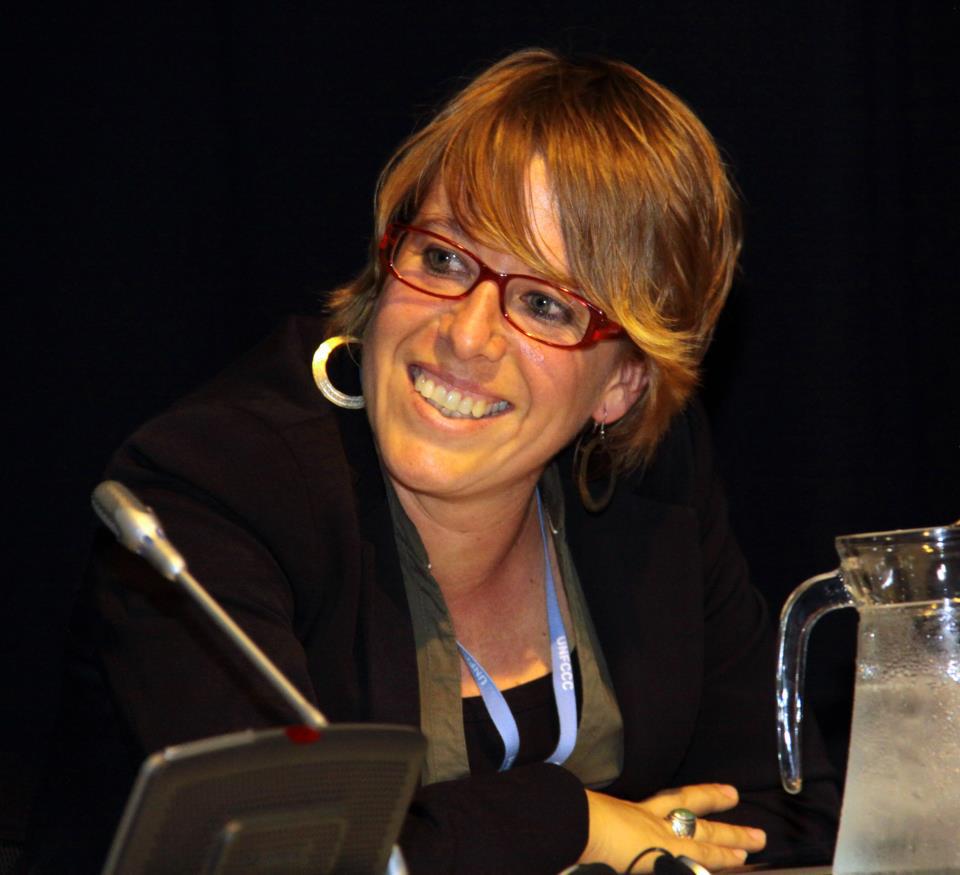
As Technical Lead of WHO’s Climate Change and Health Unit, Elena Villalobos Prats has been in the thick of climate negotiations, including at COP26, where all sectors defend their own priorities:
Health can shift the discussion and it is the right argument to get increased ambition on the climate change negotiations: Governments know that they need to protect the health of their population.
Elena Villalobos Prats
For over 25 years WHO has been promoting a holistic approach to health with partners in different sectors, motivating them to pursue policies that maximise health ‘co-benefits’, such as improved air quality, technological innovation, or employment creation. Elena has recently taken on a new responsibility as Lead for the Alliance on Transformative Action on Climate and Health (ATACH), launched by WHO and the UK in the wake of COP26, that supports over 60 countries in implementing their climate and health commitments.
Getting back in touch with ‘our house Earth’
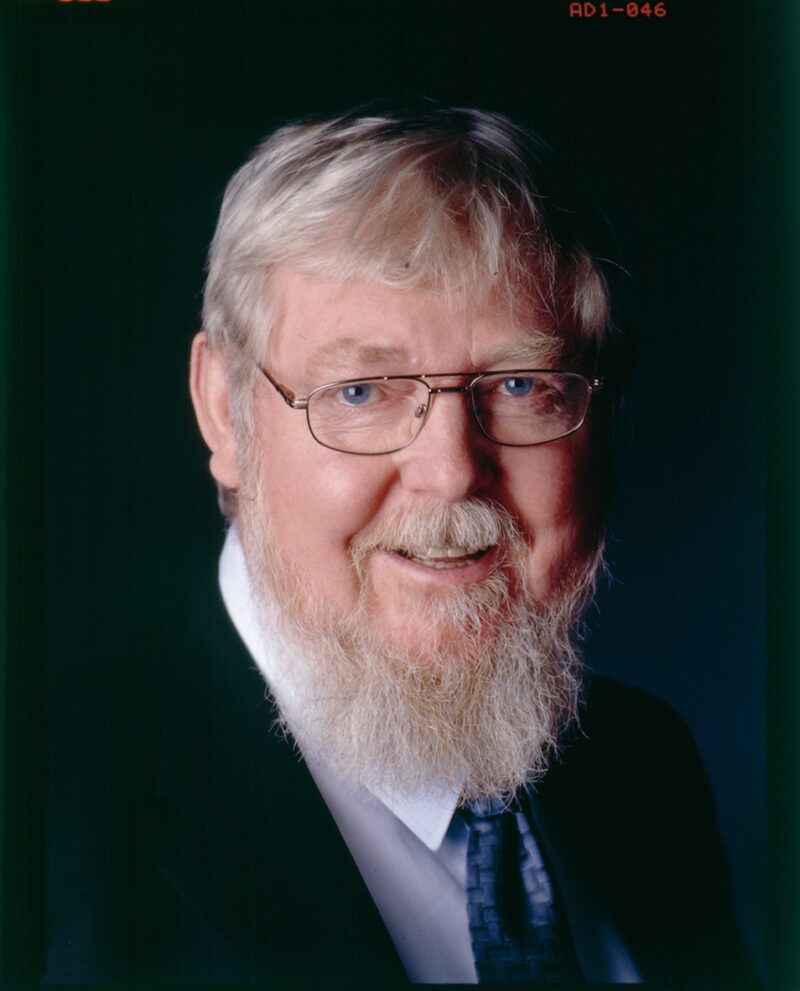
Humanity appears as a victim of its own ‘success’ in ‘harnessing’ nature, especially since the start of the industrial era. Though dramatic economic growth and often beneficial shifts in life quality have been achieved globally, Dialogue participants point out that these advances have come at the cost of destroying the natural balance of the environment on which, ultimately, all life depends. And to make things worse, the public is generally unaware of this destruction as it progresses.
Eminent soil scientist and environmental activist Professor Michael Succow sounds the alarm:
Within this house Earth, nature is our planet’s “capital” and starting point: If I have healthy soils, I have healthy food, drinkable groundwater and thus healthy people. We must organise agriculture in such a way that we preserve nature‘s ability to function, otherwise we ourselves will perish. Unfortunately, climate change appears abstract to humans, particularly those living in cities, who no longer interact directly with the natural environment to feed, clothe and shelter themselves.
Professor Michael Succow
Crowning a remarkable career in science, development and government, Prof. Succow created the Succow Foundation to promote people’s awareness of their connection to nature and the urgency of preserving it.
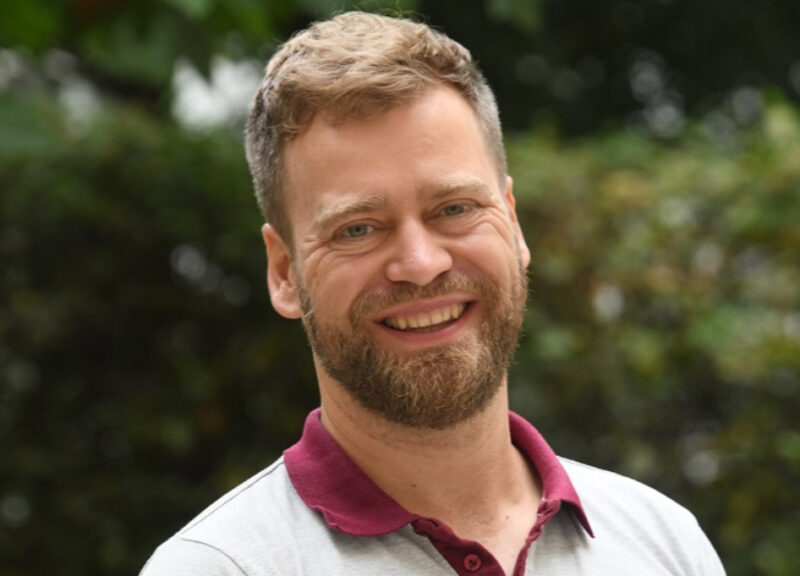
Several Dialogue participants are struck by the contrast with the more holistic perception of humankind as part of nature in many indigenous societies. Christian Griebenow, Managing Director of Veterinaries without Borders Germany, reports on his experiences with herders in East Africa:
For many pastoralists in East Africa, every animal, many plants and some places have a soul. And the herders feel connected with them and treat them with dignity. Yes, they slaughter and eat their cattle, too, but the way they slaughter them shows their respect and gratitude towards them. This is a totally different mindset, a mindset that we can learn from.
Christian Griebenow
Climate change upsets the bases of human existence
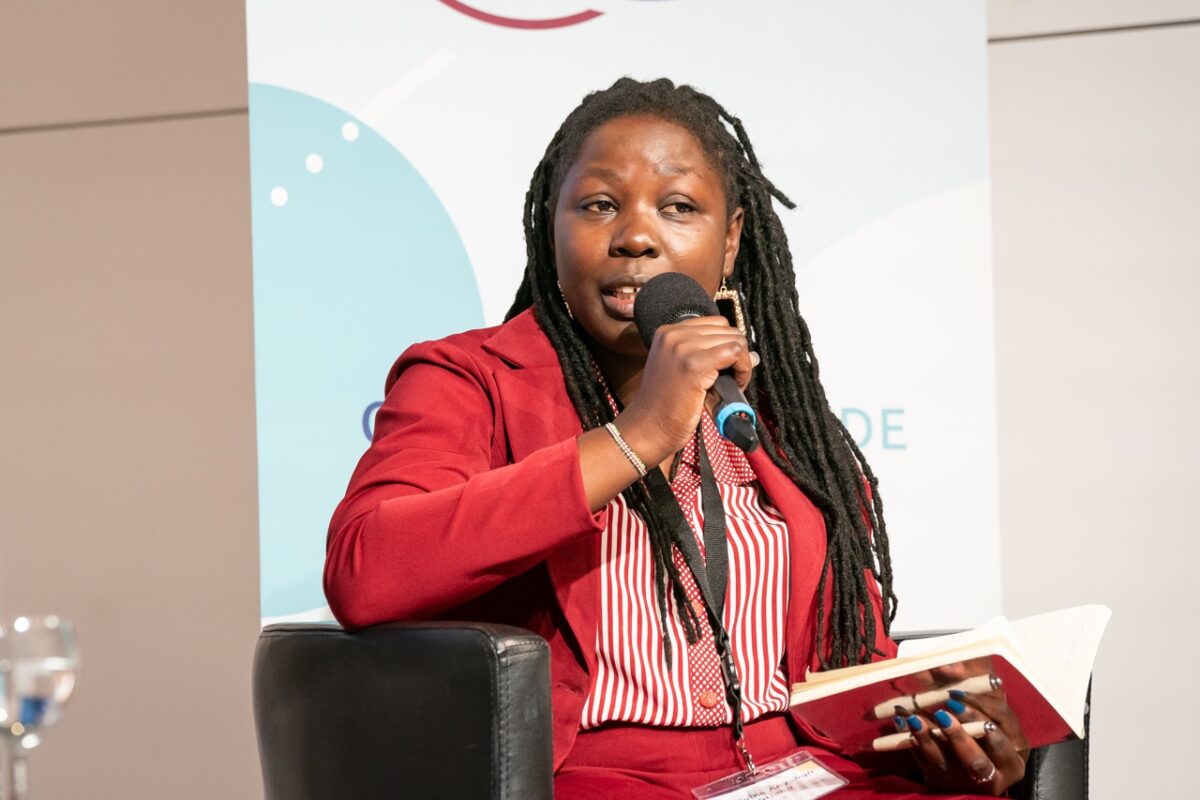
This sense of respect for and solidarity with all living beings, however, is fast being eroded by factors outside the control of indigenous communities: macroeconomic shifts, including wars, fuelled by a hunger – often of faraway actors – for resources, money and power, in addition to climate change. Melvine Anyango Otieno, who founded the Planetary Health Eastern Africa Hub while she was still a student, deplores the plight of indigenous communities in Kenya’s Rift Valley, whose traditional living space is shrinking due to flooding caused by climate change. Landmarks, trees, wildlife and sacred places essential to their nomadic culture and way of life are fast disappearing under the rising waters, forcing the population to introduce major lifestyle changes that are detrimental to their mental and physical health:
Their communities have been displaced, and they don’t understand what’s happening. They think God is angry at them and punishing them.
Melvine Anyango Otieno
In industrialised countries the situation is different but equally precarious: Large swathes of once-fertile soil are smothered under asphalt and concrete, while wetlands are drained for intensive agriculture. The optimistic worldview of ‘humankind as master of nature’ that flowered into the industrial revolution has proved to be short-sighted, saddling us two centuries later with an entrenched fossil fuel industry, which is just one of many vested economic interests that are destroying our environment, menacing the foundations of our health and survival.
Several Dialogue participants caution against the arrogance of a purely ‘technical’ approach of ‘fixing’ immediate problems, e.g. seeding clouds to produce rain. Such attempts at ‘quick fixes’ reflect the same utilitarian perspective which is at the heart of the world’s current relentless exploitation of the environment for short-term gains: Nature is seen as a ‘resource’ for humans to exploit, rather than something we ourselves are part of. The focus should rather be on restoring balance through prevention and conservation.
New paradigm needed!
Dialogue participants agreed that a new paradigm linking climate change and health is needed to guide decision-making by governments as well as individuals. What would be the most constructive conceptual model to replace the outdated – and perilous – perception of humankind at the centre of the universe?
Two holistic models were championed by different Dialogue participants:
- ‘One Health’ envisions human health as one angle of a triangle including the health of animals and of the environment. This model has been widely adopted, including by WHO and the present German government. Christian Griebenow appreciates this model as a ‘concrete principle of action’, which has proved its practical usefulness, for instance in understanding and curbing the Ebola epidemic. One Health can guide collaboration with the environmental sector, e.g. in mapping human and animal disease outbreaks, and studying anti-microbial resistance (AMR). Melvine Otieno agrees on the relevance of One Health for understanding the East African context, where wet market butcheries abound, and humans live in close proximity with their animals.
- ‘Planetary health’, on the other hand, sees humanity as one element of the biosphere that encompasses all living beings, which can only thrive together. The model has attracted broad attention in academic and scientific circles, and relies on the concept of planetary boundaries that must not be crossed in order to ensure the continuity of life. Professor Sabine Gabrysch, Head of Research Department 2 on Climate Resilience at the Potsdam Institute for Climate Impact Research (PIK) and Professor for Climate Change and Health at Charité-Universitätsmedizin Berlin is a leading proponent of planetary health: ‘In my lectures I always try to convey to people that we are part of nature. We are one living being among many other living beings on this planet. And we can only be well if all other living beings are well.’
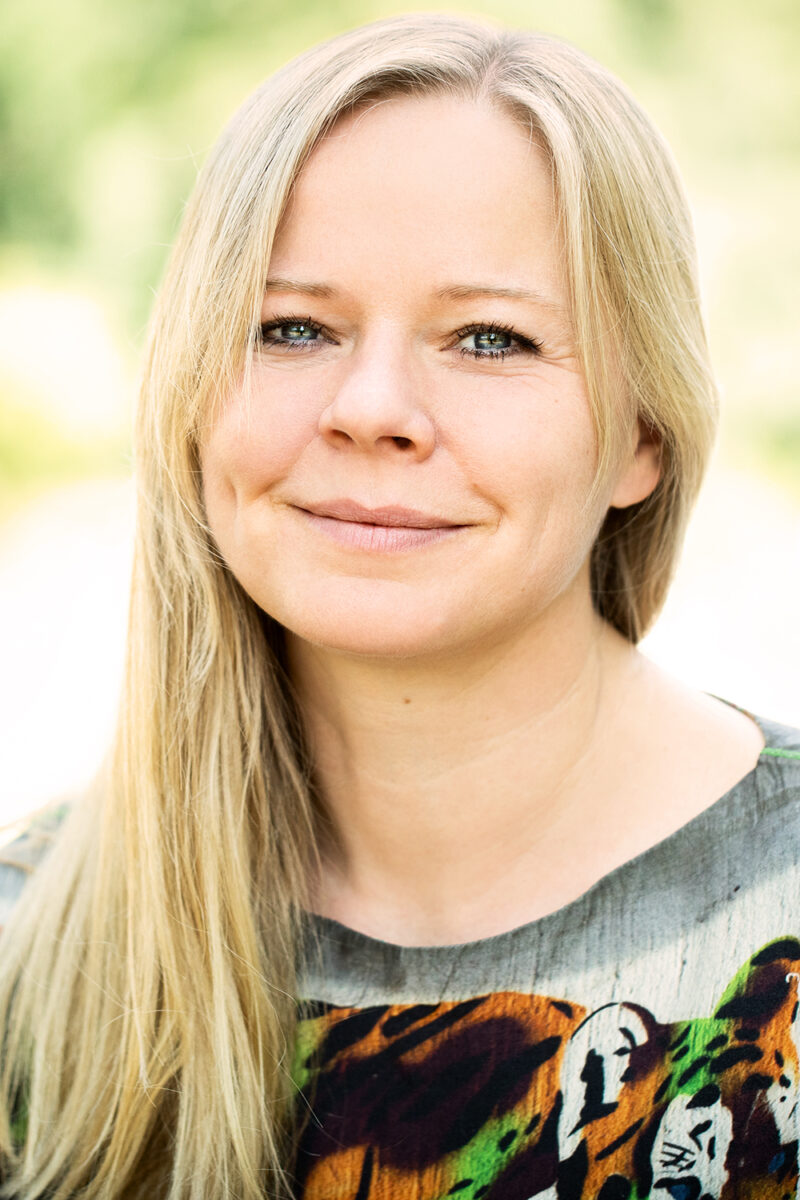
The relevance of a holistic vision of the relation between health and the environment was underlined by Dr. Kim Grützmacher, Wildlife Conservation Veterinarian and Researcher at GIZ, the International Alliance against Health Risks in Wildlife Trade, and at Berlin’s Museum für Naturkunde. She makes the important observation that for preventing the emergence of new infectious diseases, which can lead to epidemics and pandemics, interventions must begin before pathogens jump from animals to humans – starting, not with vaccinating humans but rather with ‘primary prevention’ at the source. Protecting tropical forests and improving regulation of wildlife trade and consumption are two effective and cost-efficient ways for reducing the risk of disease emergence originating from wildlife: It is estimated that this approach would cost less than 2% (over a period of 10 years) of what the COVID-19 pandemic will have cost the world. Unfortunately, such highly effective early interventions currently lie outside the mandate of the health sector. Dr. Grützmacher sees this as a challenging systemic ‘disconnect’ and a strong and urgent argument for cross-sectoral collaboration.
How can the health sector contribute?
Climate change is a threat to health, but the health sector itself is a major contributor to climate change, creating an enormous amount of waste and producing an estimated 4-5% of global greenhouse gas emissions. The health sector itself thus has an important role to play in curbing climate change.
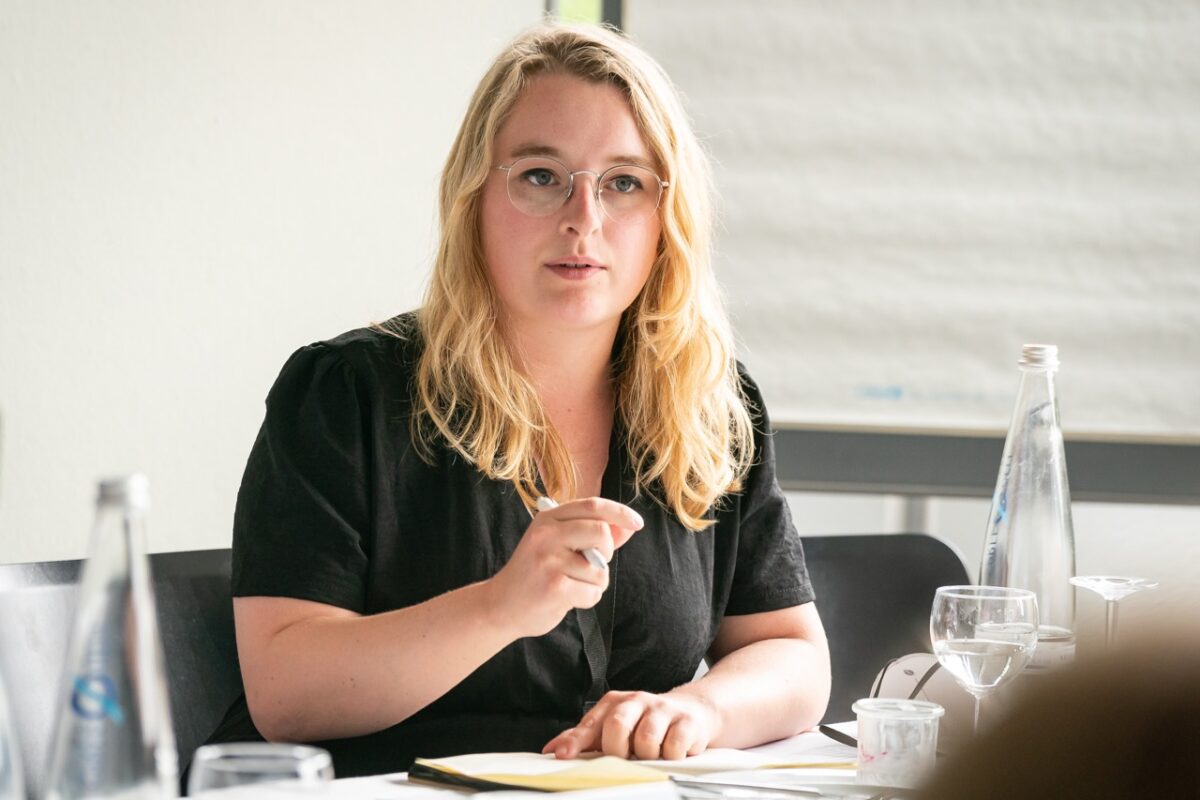
The goal is to have ‘climate-neutral and climate-resilient health systems’, according to Sophie Gepp, a very busy medical intern, Research Associate at the Centre for Planetary Health Policy (CPHP) and Board Member of the German Alliance for Climate Change and Health (KLUG). Germany’s health sector, as elsewhere, suffers from a lack of human and financial resources needed for profoundly changing the system, and is now facing the additional challenges of COVID-19 and the current energy crisis.
Prevention is often not prioritised in health policy-making – even though it would make so much sense. Investing in treating and curing diseases is important, but implementing measures that may protect people from getting them in the first place is often underfunded. Climate action is early-stage disease prevention – and this is what we need to communicate to patients and to policy-makers.
Sophie Gepp
KLUG is promoting reform from within the health sector: It is advocating for the government to add a criterion of sustainability to ensure continuity of quality care, and is involved in a project that is currently mapping German laws that inhibit an environmentally friendly health system.
Dialogue participants agree that health professionals, as trusted members of their community, are well positioned to function as ‘climate champions’ in sensitising the general public to the urgency of climate action. They evoke spill-over of climate activism from the vibrant healthcare sector to other sectors such as urban planning and the formation of citizen movements such as Health for Future (health professionals against emissions in the health sector). These coalitions and partnerships raise awareness, encourage reform, and mobilise people to change climate-impacting behaviour.
Mobilising for climate action: How?
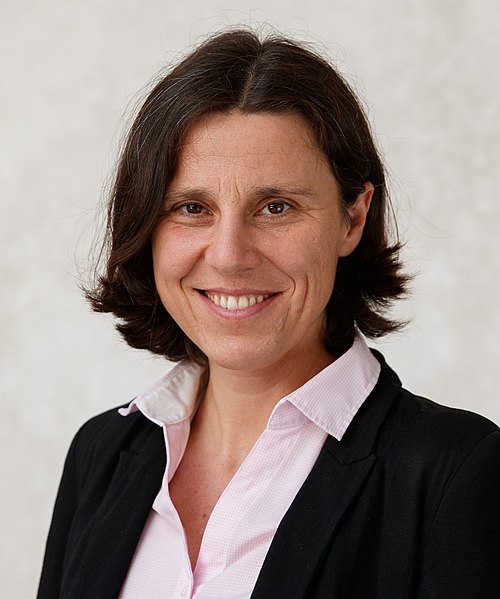
Dialogue participants agree that it is not easy to get people to give priority to curbing climate change. Between fear, scepticism and indifference, the forces favouring inertia are strong.
Although the climate problem is urgent and severe, participants agree that it is more effective to inspire people with the positive vision of a better future than to scare them with a vision of gloom and doom, or lecturing them on how to behave. Instead, people should be encouraged with the message that everyone has a role to play. Prof. Gabrysch, who is actively engaged in awareness-raising on planetary health, explains:
The focus should be on a healthier, more sustainable and fairer world that we can create together. And that’s what it’s all about: We need to encourage people in a way that it doesn’t come across as a daunting task, but as something that can be joyful. A chance to create something good for the next generation and for ourselves.
Prof. Sabine Gabrysch
Sophie Gepp points out that providing information is necessary, but more is needed to actually mobilise people:
‘We must move from knowledge to transformative action. People often feel overwhelmed and powerless in the face of climate change. This is why, at KLUG, we are trying to inspire people to get involved and become change agents. So that they develop a sense of self-efficacy rather than powerlessness. We want to spark transformative action.’
For effective action in favour of a healthy planet, Dialogue participants agree that governments and citizens have to work in synergy: Citizens and activists can contribute to shaping policy with scientific evidence, legal claims etc., while governments are responsible for planning and implementing climate and health policies that will sustainably benefit their populations.
Rising to the ‘imagination challenge’
In a seminal paper of 2015, The Rockefeller Foundation-Lancet Commission on planetary health made a useful distinction between three urgent challenges that humanity needs to meet in order to safeguard the health of the planet and its inhabitants: the information, implementation and imagination challenges. In every situation one must ask what is lacking: Is it knowledge, the capacity to act, or the capacity to reframe our existing approaches?
The latter is the challenge about which Dialogue participants had the most to say. The imagination challenge implies that we need to radically rethink our ‘tried and true’ approaches as we shift to the new, more holistic paradigms. A holistic vision is interdisciplinary and requires different sectors to ‘break out of their silos’ and work together – and participants had different perspectives on how to put this into practice:
- On the level of national governments and international organisations, Elena Villalobos Prats recommends ‘mainstreaming’ planetary health along the model of the 1992 UNFCCC treaty that, among other commitments by countries, asks to consider health in all their adaptation and mitigation policies and programmes
- To force researchers out of their silos, Prof. Gabrysch evokes fostering interdisciplinary work groups and special funding lines, with shared spaces for interdisciplinary co-working, as is already practiced at PIK.
- In Eastern Africa, Melvine Otieno’s Planetary Health Hub is lobbying researchers and governments to start talking to rural, indigenous communities and to young people about how their habitats have changed and will continue to change – and how to work together to reduce harm. ‘Research on climate change and health should not remain in the ‘silo’ of institutions, but be shared with policy-makers and communities to enable action: Coalitions and partnerships are needed to synergise education, research and community-building.’
- In Germany, Prof. Succow and his associates support the initiative of the interdisciplinary, mixed citizen-government Zukunftsrat (Future Council) of the federal state of Mecklenburg-Vorpommern, an example that is already inspiring emulation elsewhere. Its multi-perspective process has generated a holistic vision and new allegiances for the state as ‘health land’, i.e. as a haven for nature and sustainable tourism rather than an expanse of soils ravaged by intensive agro-industry.
The participants in this second Dialogue brought a wealth of knowledge, experiences and innovative suggestions to the table, both challenging and building on each other’s viewpoints. The seriousness and urgency that characterised the discussions was matched by participants’ shared conviction that what is called for at this point is the courage to try out new ways of collaborating for a healthy planet.
Dialogue participants see the present moment as a potential tipping point for the future of our planet, sharing feelings of concern, but also of hope, as summed up by Christian Griebenow:
I hope for three things: 1) That humankind understands that we need to act now and commits 100% to renewable energies – because the pressure and the resulting understanding are so strong that people are willing to implement comprehensive measures for climate protection themselves and to participate in the necessary social changes. 2) That we are able to limit the damage, and 3) That our planet’s power of recovery will be sufficient to save us.
Christian Griebenow
Emerging suggestions
The following suggestions for German policy-makers surfaced over the course of this Catalyst Dialogue.
Put a holistic vision of health, in the sense of One Health or planetary health, into practice, through the following:
- Make use of the recognition that ‘health can shift the discussion’ by communicating to decision-makers and the public the concrete health implications of all policies, measures or programmes that impact, positively or negatively, on climate change.
- In all policy-making, be guided by the insight that caring for the environment is caring for human health – and vice versa.
- Realise ‘primary prevention at the source’ by preventing transmission of pathogens from animal hosts to humans in order to avoid epidemics and the need for costly, logistically challenging and often only partially effective vaccination campaigns.
- Commission health and climate experts to develop climate-sensitive guidelines for ‘net zero’ medical and public health interventions.
- Consult and collaborate with health and climate champions, such as KLUG (German Alliance for Climate Change and Health) or Health for Future, to inform and mobilise the public for holistic health and climate action.
- Provide interdisciplinary funding streams and workspaces to encourage and enable government and civil society actors, researchers and students working on health- and climate-related topics to move out of their ‘silos’ and work together to rise to the ‘imagination challenge’.
Dr Mary White-Kaba
November 2022

